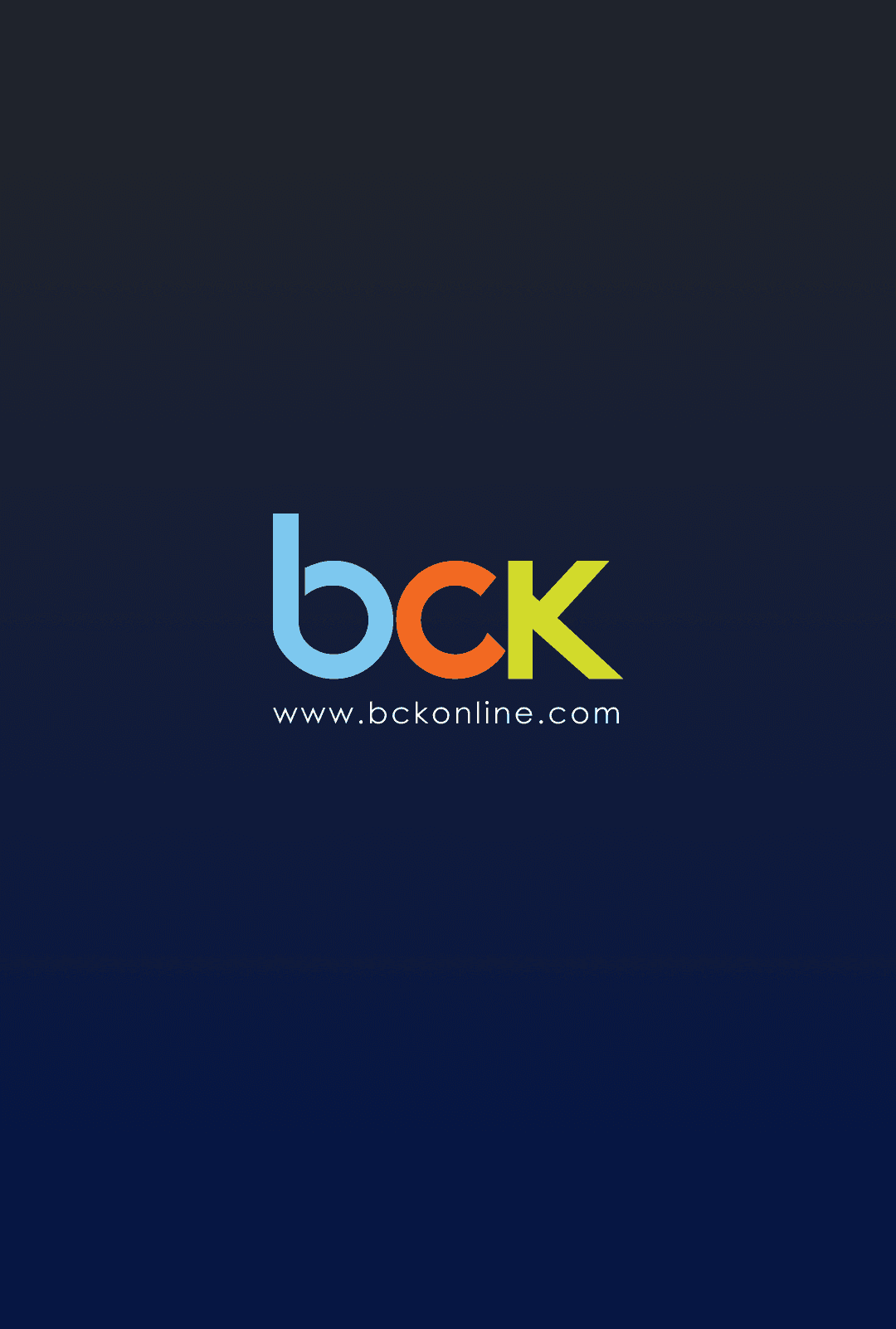Role:
Lead UX Designer
Duration:
3 Months
Outcomes
Accessibility
The new design was made WCAG & ADA-compliant.
700k+
Improved the I&D portal for Accenture's 700,000 employees internationally.
75%
Increased the success rate of search-based navigation tasks.
40%
Increased the usage of the portal within Accenture by 40%.
Overview
The large volume of material and structure of Accenture’s Inclusion and Diversity portal made it difficult to find what users were searching for, leading to an ineffective and frustrating experience. We were tasked to re-imagine the portal and think through solutions to solve the users' pain points and improve their experience.
Challenges
The information architecture was complex and the biggest user pain point was the difficulty in finding what they needed. Some challenges included:
• A complex 4-level dropdown menu
• Ineffective page patterns
• Inefficiency in completing user tasks
Approach
The strategy was to implement JTBD (Jobs to Be Done). We conducted focus group interviews based on the roles that most frequently used the site. They identified tasks and pain points associated with the current site. User personas were created based on the interviews and we used that readout to design a new navigation structure.
Solution
I identified several key areas of opportunity for the redesign— one of which included simplifying the navigation and reducing the drop-down menu hierarchy. We needed multiple entry points with a hub and spoke pattern on the homepage, leading to top level pages. CTA's were also strategically placed to direct users to related content. The new Inclusion and Diversity portal for Accenture was completed with valuable insights from our research and reached targeted KPI’s for the organization.
Increasing diversity does not, by itself, increase effectiveness; what matters is how an organization harnesses diversity, and whether it’s willing to reshape its power structure.
Tommy Jacobson









